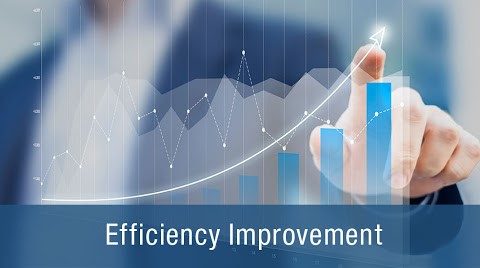We see that most organizations and enterprises have their own effective production management system. However, the way employees communicate effective production goals is what makes all the difference.
An efficient production management model is often unpopular with SMEs as it often does not standardize the process and back up specific production parameters. Whatever personal and professional goals are to be set, must be agreed upon by both parties (manager and staff), this approach often being applied informally. Larger businesses and organizations will tend to apply a more formal, formal management model through a process of recording, recording, reporting,… instead of managing employees. Thereby, the calculation of factors to achieve an efficient production process will be more accurate and feasible.
In general, if the effective management model is applied successfully, managers not only benefit from maximizing the potential of resources, but also building a positive and proactive working environment. Here are some of the benefits that this model offers to employees in the organization:
- Ensure that employees understand the importance of their contributions to the goals and objectives of the organization;
- Ensuring each employee understands what to expect from them, and equally identifies whether employees have the skills and support needed to fulfill such expectations;
- Create harmonious relationships between employee and flow management based on trust and empowerment;
Performance management can have a positive effect on employee satisfaction and loyalty by:
- Regularly provide open and transparent job feedback for employees;
- Establish a clear link between performance and compensation;
- Provide ample learning and development opportunities by employee representation in leadership development programs, etc.;
- Evaluate the performance and distribute incentives and rewards on an equal and equal basis;
- Set clear performance goals by creating an open communication and joint dialogue;
- Recognize and reward good performance in an organization;
- Provides maximum opportunities for career development.
An effective performance management system can benefit the organization, managers, and employees in a number of ways as described in the table below:
- Organizational benefits: Improve organizational performance, employee retention and loyalty, increase productivity, overcome barriers to communication, clear accountability, and cost advantage. fees;
- The benefits for managers: Save time and reduce conflicts, ensure efficiency and consistency in operation;
- Employee benefits: Clarify employee expectations, opportunities for self-assessment to clarify job accountability and contribute to improving performance, defining career paths and promoting job satisfaction push.
Productivity and Quality Office
